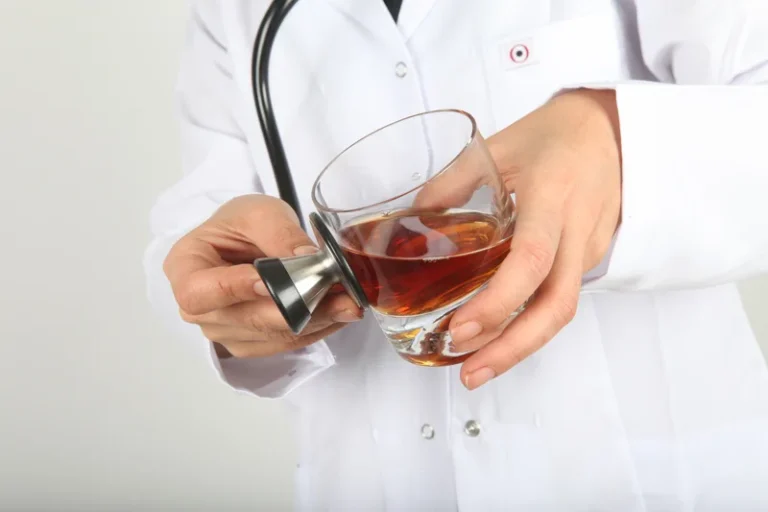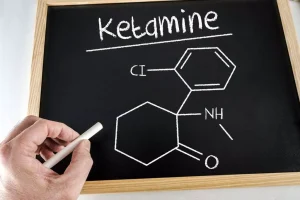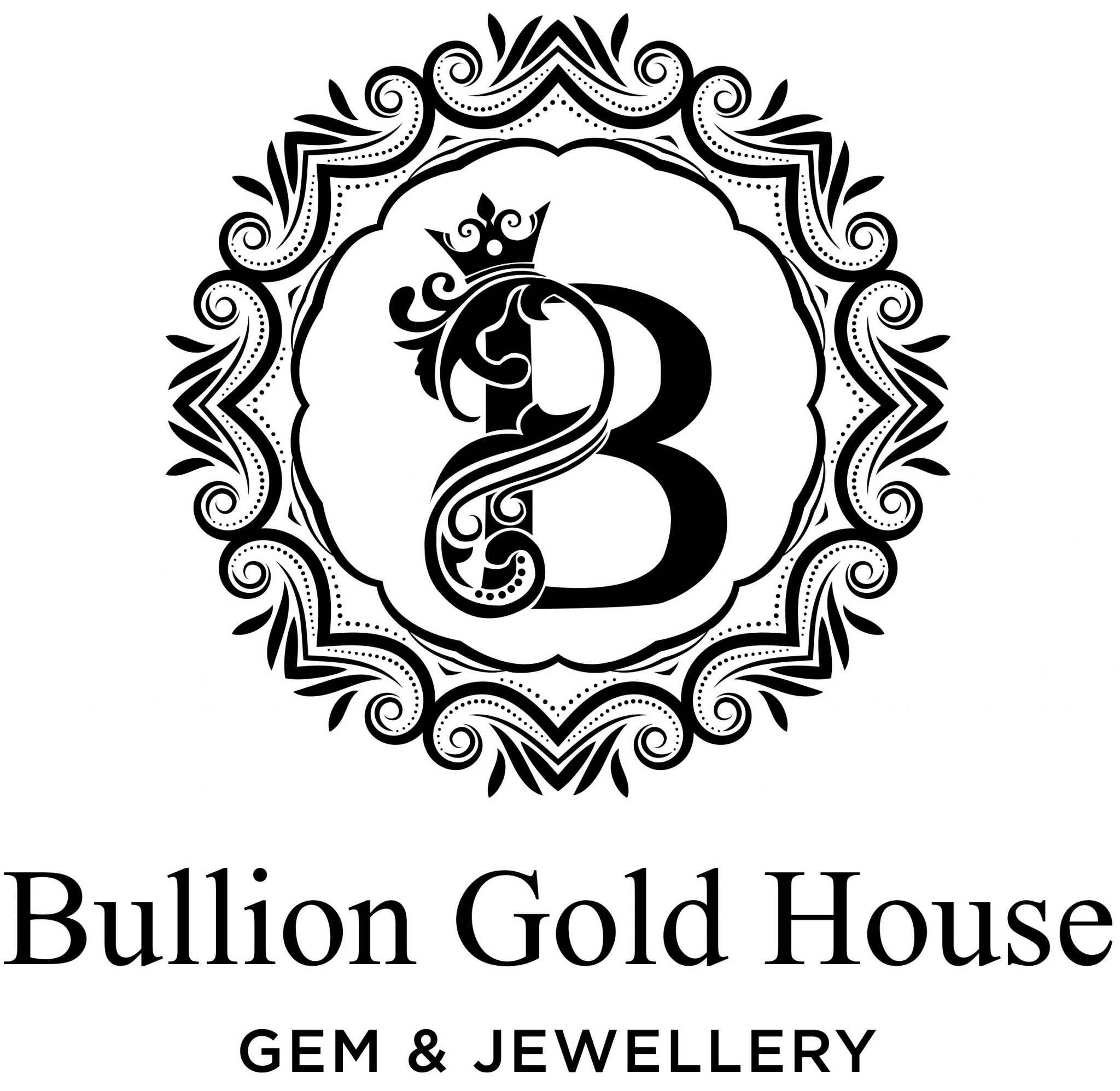
In fact, red wine may be linked to more health benefits than any other alcoholic beverage (75, 76, 77, 78, 79). If you are a heavy drinker, following a healthy diet and exercise routine will still be beneficial for your health, but not as much as getting your alcohol consumption under control, or abstaining completely. Numerous factors can predispose people to problematic drinking, such as family history, social environment, mental health and genetics. Moderate alcohol consumption may increase life expectancy, while alcohol abuse is a strong risk factor for premature death. More than four drinks daily appear to cause a fivefold increase in your risk of mouth and throat cancer, as well as an increase in your risk of breast, colon and liver cancer (58, 59, 61, 62).
“I couldn’t have done any of this without Workit Health—they literally saved my life.”

But if you find yourself dwelling on all the wine you’re not drinking, or if you so back to the bottle after just a few days … you’ve learned that you can’t control your drinking. Day drinking has become something of a meme and joke lately, but it can interfere with your alertness, your thought processes, and your ability to work or drive. Do you make excuses to drink earlier in the day or joke that “it’s five o’clock somewhere”? If you’ve brought your nightcap into the daytime, your wine habit might be morphing into addiction.
Signs Of Wine Addiction
In other words, breast cancer accounts for over half of the additional cancer risk in women who drink moderately but do not smoke. In men, however, the additional cancer risk is due to tumors of the mouth, throat, esophagus, bowel, and liver. Wine increases the risk of cancer especially of the breast, with moderate amounts of alcohol, to a level like that of smoking 10 cigarettes a week. The alcohol is still affecting their bodies, even if they do not immediately feel it, and they are still at higher risk of falls, cognitive impairment and other negative effects because they are drinking more.
- Alcohol is one of the most popular psychoactive substances in the world.
- Finally, it causes the blood levels of sex hormones to rise, causing breast cancer.
- See my earlier Psychology Today blogs on altered states during sexual absorption, meditation, and psychedelics.
- Wine affects each person differently, and for some, it becomes too much for their body and mind to handle.
Myth: One glass of alcohol a day, especially if it’s red wine, is good for you.
- “Generally, over time, there have been new studies that show that chronic alcohol use — at very heavy use — can lead to brain damage, both gray and white matter.
- Other side effects may include headaches, nausea, vomiting, constipation, insomnia, pain, increased sweating, sleepiness, dizziness, coordination problems, physical dependence or abuse, and liver problems.
- Red wine had substantial effects on subjective time, an indicator of altered states of consciousness.
- While moderate alcohol consumption may reduce your risk of heart disease, heavy drinking may increase it.
Abusing alcohol can result in physical, mental and spiritual distress as well as problems at work, home or school. Wine use may be hard to recognize as a problem because of the drink’s worldwide acceptability and availability. Excessive wine may result in an alcohol use disorder (AUD) such as alcohol use and alcoholism. More than one review of Jane’s Addiction https://ecosoberhouse.com/ concerts this month had used the word “chugging” in describing Farrell’s wine consumption on stage, both at the good and not-so-good shows. It doesn’t matter how much you drink – the risk to the drinker’s health starts from the first drop of any alcoholic beverage. Drinking small amounts — especially of red wine — is linked to various health benefits.


At the same time, it impairs judgment and may promote behavior people may end up regretting (1, 2). Alcohol is one of the most popular is wine addictive psychoactive substances in the world. Generally referred to as “alcohol,” ethanol is the substance that makes you drunk.
- Our writers and reviewers are experienced professionals in medicine, addiction treatment, and healthcare.
- Five ounces should be a standard glass of wine according to health experts.
- Navarro gently put his guitar down onto the stage while the three men grappled with Farrell.
Moderate alcohol consumption may reduce symptoms of type 2 diabetes by enhancing the uptake of blood sugar by your cells. These effects are only temporary, but chronic alcohol abuse may cause permanent changes in your brain, often leading to impaired brain function (9, 10, 11). Gene variants that cause reduced activity may increase the risk of cancer with wine consumption.

Impact on your health
- By reducing self-consciousness and shyness, alcohol may encourage people to act without inhibition.
- The average alcohol level of wine is between 11 and 13%, though different varieties may have an ABV of over 20% on the high end and less than 6% on the low end.
- On Monday, Farrell through his publicist issued a statement to social media and to the Journal Sentinel.
- While these effects are short-lived, long-term alcohol use can trigger systemic (bodywide) inflammation, which damages the body’s tissues and vital organs over time.
- Kali Lux is a consumer marketing leader with a focus on healthcare and wellness.



